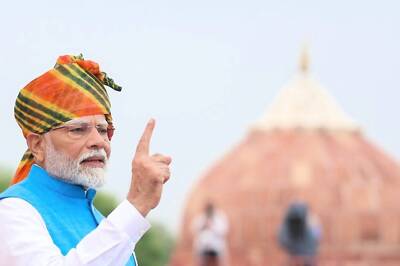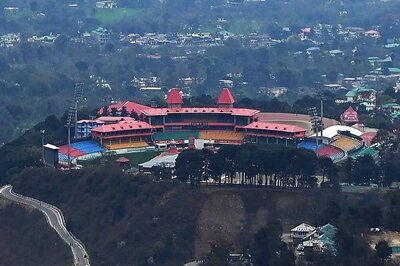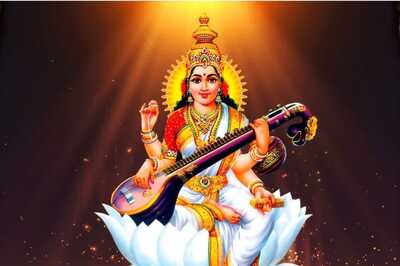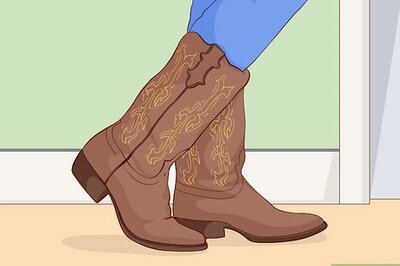
views
Tehran: Iran's reform-minded press had been rather quiet since the election of President Mahmoud Admadinejad in June 2005.
At first, most outlets avoided criticising the hardliner and jabbed him only occasionally, while pro-Ahmadinejad news agencies and newspapers dominated the press landscape.
Last week, however, the government launched a campaign to clamp down on press criticism following allegations of government embezzlement.
Government spokesperson Gholamhossein Elham sent a letter to the public prosecutor urging him to act whenever accusations were published without proof.
"We don't object to criticism in the press, but a line must be drawn between criticism and baseless accusations," Elham said, adding that from now on the public prosecutor would be the judge.
"That is exactly the problem: Who's to say where the line starts and where it ends?" asked an Iranian female journalist who spoke on condition of anonymity. "A public prosecutor who's not familiar with journalism, and who's also close to the government, is definitely not the right person."
The distinction between criticism and baseless accusations – or even threats to national security – was also fuzzy during the presidency of Ahmadinejad's reformist predecessor, Mohammad Khatami.
Several attempts to pass a law clearing up the confusion were stalled by major disagreements among Iran's parliamentary factions. Some journalists paid for the ambiguity with imprisonment.
A court made up of a press jury is now to decide such cases.
"The question, however, is who chooses members of the jury," said a lawyer. Ahmadinejad's presidency has not led to mass closures of newspapers as was first feared.
PAGE_BREAK
So far, the president has reacted to criticism quite calmly. Before he took office, conservative clerics in the judiciary had shut down more than 100 newspapers and magazines, though all of them supported Khatami's government.
"An amusing paradox," Iranian satirist Ebrahim Nabavi said at the time. "Only in Iran can the government simultaneously be the opposition."
The Iranian press can hardly be described as independent, because every news agency, newspaper and magazine is supported - sometimes financially - by either conservatives or reformists. Predictably, differences of opinion are mainly over domestic politics, economics or cultural issues.
The two camps are relatively close on foreign policy, such as Iran's stance on the Middle East conflict and its dispute with the West over uranium enrichment.
The government's clampdown on criticism is aimed at foreign-based media as well as the domestic press. Iranian dissidents in the US, chiefly pro-monarchist groups, assail Iran's Islamic government every evening in satellite TV broadcasts.
Not all of their reports are unbiased, but they have gained a large audience in Iran.
The Iranian government has long tolerated these satellite programmes, but now the judiciary has again decided to remove antenna dishes from rooftops.




















Comments
0 comment